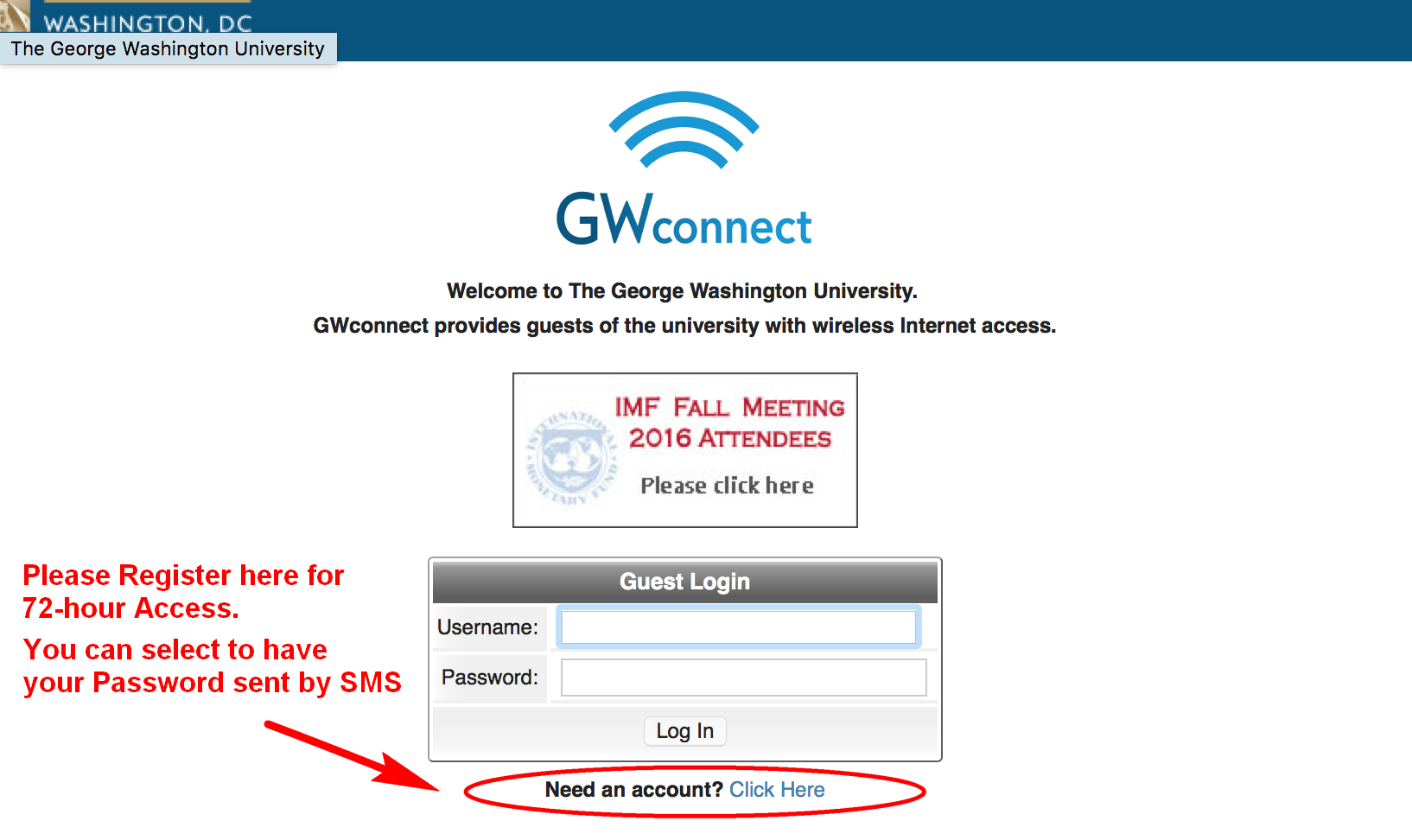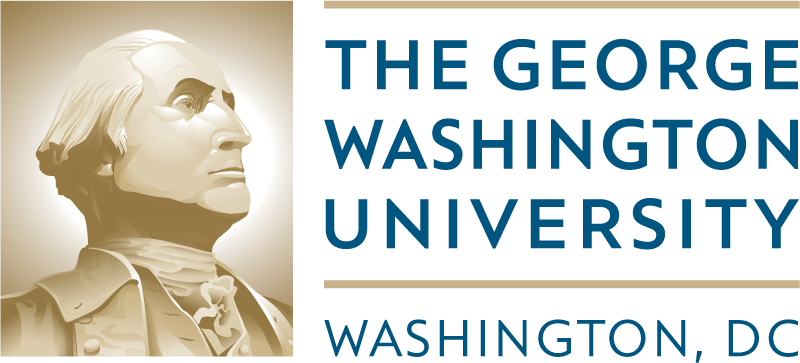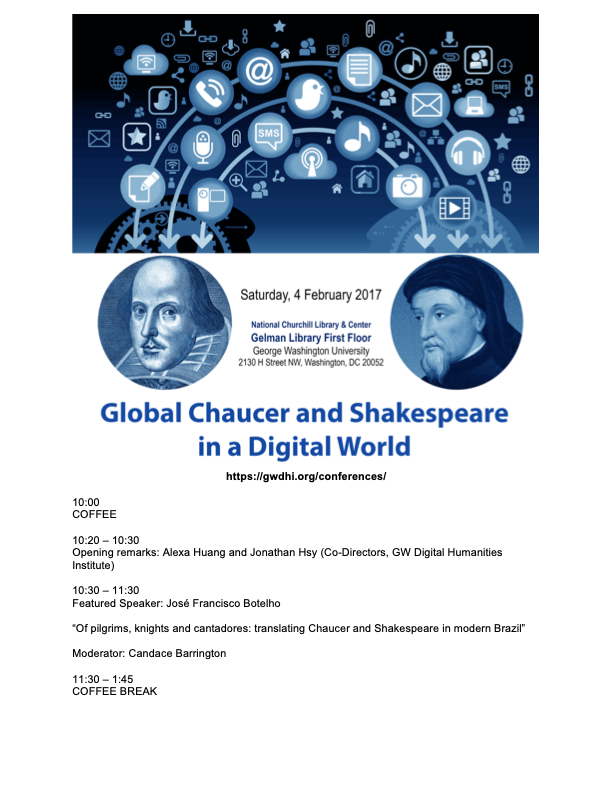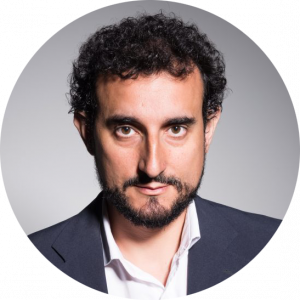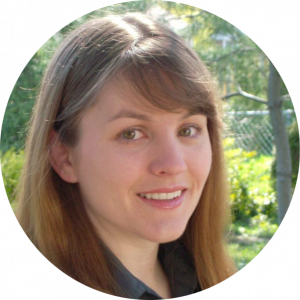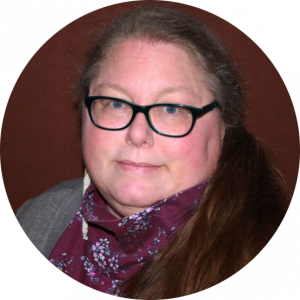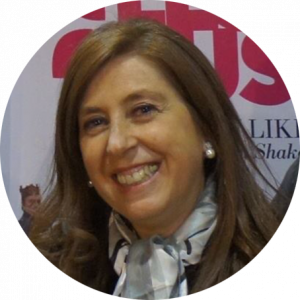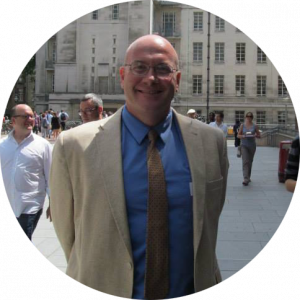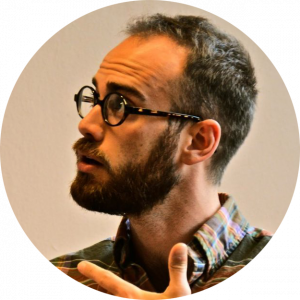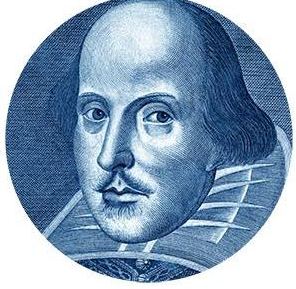 Welcome to the 2017
Welcome to the 2017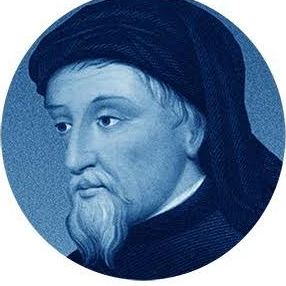
GW Digital Humanities Institute Symposium:
Global Chaucer and Shakespeare in a Digital World
Saturday, 4 February 2017
10:00 am – 5:30 pm
Co-organized by Alexa Alice Joubin and Jonathan Hsy
National Churchill Library and Center
Gelman Library, First Floor
The George Washington University
2130 H Street NW, Washington, DC 20052
FREE and open to the public!
(Please REGISTER via this link so we know how many people to expect.)
Twitter hashtag: #GWDH17
Chaucer and Shakespeare, the global literary icons, play a major role in the digital world. This cross-disciplinary symposium puts the legacies of Chaucer and Shakespeare in conversation with each other. Speakers will explore the intersections and connections between the afterlives of Chaucer and Shakespeare in world cultures.
Featured Speaker: José Francisco Botelho, award-winning translator and poet
(Universidade Federal do Rio Grande do Sul, Brazil)
Other participants: Candace Barrington (Central Connecticut State), Jill Bradbury (Gallaudet), Laura Estill (Texas A&M), Alexa Alice Joubin (George Washington), Jonathan Hsy (George Washington), Carol Robinson (Kent State at Trumball), Michael Saenger (Southwestern), Mike Shea (Southern Connecticut State), Mercedes de la Torre and Carlos Drocchi (Fundación Shakespeare Argentina), Eve Salisbury (Western Michigan), Sam Yates (George Washington), Katherine Schaap Williams (NYU Abu Dhabi)
With an intermission show “Snape vs Branagh” by Michael Saenger
Organized and sponsored by the GW Digital Humanities Institute
Accessibility:
Gelman Library has a wheelchair accessible front entrance and live ASL interpretation has been arranged for the entire duration of the event.
For more information:
GW Digital Humanities Institute
801 – 22nd Street NW, Phillips 643
Washington, DC 20052
Email: jhsy [at] gwu [dot] edu
PROGRAM
10:00
COFFEE
10:20 – 10:30
Opening remarks: Alexa Alice Joubin and Jonathan Hsy (Co-Directors, GW Digital Humanities Institute)
10:30 – 11:30
Featured Speaker: José Francisco Botelho
“Of pilgrims, knights and cantadores: translating Chaucer and Shakespeare in modern Brazil”
Moderator: Candace Barrington
11:30 – 1:45
COFFEE BREAK
11:45 – 1:00
Paper session: MEDIA AND TRANSFORMATION
Moderator: Sam Yates
Carol Robinson: “Chaucer and Shakespeare in the Deaf World: Transcriptions & Interpretations”
Katherine Schaap Williams: “Formal Capacities: The Speaker’s Progress Playing Twelfth Night”
Eve Salisbury: “Gower, Pericles, and Global Performance”
1:00 – 2:30
LUNCH
2:30 – 2:40
Post-lunch intermission show (Michael Saenger)
“Snape and Branagh: From Shakespeare to Milton”
2:40 – 4:00
Paper session: ETHICS AND NETWORKS
Moderator: Mike Shea
Laura Estill: “What’s In and What’s Out: The Ethics of Digital Publication, Shakespeare Studies, and the World Shakespeare Bibliography Online”
Mercedes de la Torre and Carlos A. Drocchi: “Shakespeare in other words: Fundación Shakespeare Argentina”
Michael Saenger: “The Foreign Words and Worlds of Twelfth Night”
4:00 – 4:15
COFFEE BREAK
4:15 – 5:15
Roundtable: ARCHIVES AND GLOBAL COMMUNITIES
Moderator: Alexa Alice Joubin
Participants: Jill Bradbury, Candace Barrington and Jonathan Hsy (Co-Directors of Global Chaucers), Carol Robinson, and José Francisco Botelho
6:00
INVITED DINNER
ABSTRACTS
Candace Barrington and Jonathan Hsy
Our remarks address two concepts: 1. “Digital Hospitality,” outlining basic principles of archive and database creation that has been integral to how Global Chaucers (an international collective of scholars, translators, and enthusiasts) has developed and the shape it has taken. 2. “Linguistic and Cultural Hospitality,” a process of learning by engaging comparative translations as well as modern-day adaptations and performances of a dominant culture’s canonical text (i.e.,The Canterbury Tales). We use these key terms to explore both a theory and practice of digital curation: a form of knowledge building that is simultaneously an act of artistic creation.
José Francisco Botelho: “Of pilgrims, knights and cantadores: translating Chaucer and Shakespeare in modern Brazil”
Brazil has a long and rich translation tradition: the rendering of Latin liturgy into Tupi and Guarany languages by jesuit missionaries; the creation of a “Brazilian Aeneid” by XVIIIth century poet and scholar Odorico Mendes; Haroldo de Campos’ celebrated translation theories; Mamede Mustafa Jarouche’s rendering of the One Thousand and One Nights; Machado de Assis’ and Monteiro Lobato’s several incursions into English and American prose and verse – all those translatorial odisseys are deeply ingrained into Brazilian thought and culture. South America’s only Portuguese-speaking country has also a long tradition of popular poetry, from the orally transmitted “rimances”, whose roots stretch to Medieval Portugal and Spain, to present-day minstrels and improvisators known as “cantadores”, “pajadores”or “repentistas”. In my endeavours as a poet and translator, I delved deeply into those sources to recreate Chaucer’s and Shakespeare’s poetry – a world-building enterprise whose aim is to shape fictional and linguistic universes that can appeal to modern Brazilian readers and audiences, blending the scholarly and the popular, the foreign and the local, the strange and the familiar.
Laura Estill: “What’s in and What’s Out: The Ethics of Digital Publication, Shakespeare Studies, and the World Shakespeare Bibliography Online”
The World Shakespeare Bibliography Online (WSB) offers users the tantalizing perception that they are searching the complete archive of translations, editions, scholarship, and professional performances of Shakespeare from 1960-present. As the saying goes, however, there is no such thing as a complete bibliography; the illusion of searching “all” leads to materials that are not just overlooked, but never able to be looked at in the first place. These “Archival silences” (to use Alexa Alice Joubin’s term) can be the consequence of redaction or now-lost information, but they can also result from lack of access and findability. Some of the most deafening silences, to use an oxymoron, in the archive of Shakespeare studies has been work by non-Western and non-English scholars; improved bibliography and access to publication is one of the ways to facilitate a truly global approach to Shakespeare.
This presentation discusses the scope and inclusion policy of the World Shakespeare Bibliography Online, with attention to digital publication, predatory journals, and varying standards of peer review. Ultimately, the question of “What’s In and What’s Out” of the WSB is a matter of both practicality and values. The World Shakespeare Bibliography reflects not just trends in Shakespeare studies, but also our culturally-bound scholarly, bibliographical, and editorial practices.
Carol Robinson: “Shakespeare and Chaucer in the Deaf World: Transcriptions & Interpretations”
As the recent Visual Shakespeare’s Symposium held at Gallaudet University demonstrated, there has been a great fascination with ways to adapt Shakespeare’s plays into ASL. The challenge of translating sound-based wit and other humor, the challenge of adapting Shakespeare’s rich figurative language in such a way as to convey that richness through ASL poetics–these are just two examples of what has attracted interpreters and actors. Likewise, as is true for medieval scholars teaching less accessible medieval English works, the challenge of translating accurately, to the point of nearly killing the artistic qualities of the work, vs. the challenge of adapting in order to illustrate the art, at the cost of losing meaning, is certainly emphasized by the work of Deaf scholars in teaching anything from English (or other hearing-based languages) in a sign language. Hampered by cultural imperialism (the hearing over the deaf) and the audistic abuses upheld as “good practice” by members of both education and medical communities for the past recent centuries, it has been difficult (at best) for scholarly members of the Deaf community to be heard by their hearing colleagues. This is a great loss for all. Deaf students of English literature, including the works of Geoffrey Chaucer and William Shakespeare, demonstrate the cultural and semiotic barriers between those addicted to sound and those who live virtually sound-free lives.
Michael Saenger: “The Foreign Words and Other Worlds of Twelfth Night”
In his foundational essay on the theory of translations, Über Die Verschiedenen Methoden Des Übersetzens, Friedrich Schleiermacher writes “Just as it is perhaps only through the cultivation of foreign plant life that our soil has become richer and more fertile…our language…can most vigorously flourish and develop its own strength only through extensive contact with the foreign”. By explicitly linking the transfer of plants with the transplantation of culture, Schleiermacher points to the utility of thinking in both biological and in cultural ways about languages and nations, and the degree to which they exclude or invite cross-fertilization. I argue that the modern portability of Shakespearean performance can be linked to the original porosity of Shakespeare’s sense of place.
Of particular interest for this presentation is a 1978 Soviet film of Twelfth Night (dir. Peter James), integrating elements of ballet and postmodern theater practice. As a balletic adaptation of a play deeply engaged in social class, the film offers an intriguing perspective on Moscow’s importation of this festive play. I will explore how and why the life of Shakespeare’s play can both invite foreign vocabulary and become foreign vocabulary itself. The recent recognition that language and culture more generally follow patterns that can be understood in biological terms, rather than the familiar modes of influence and commodity circulation, implies that literary historiography and anatopical performance can function (and have functioned in the past) as sites of resistance to the emerging politics of nationalism and xenophobia.
Mercedes de la Torre and Carlos Drocchi: “Shakespeare in other words: Fundación Shakespeare Argentina”
Fundación Shakespeare Argentina (FSA) is a non-profit cultural organization dedicated to increasing and deepening the knowledge, study and enjoyment of the works of William Shakespeare in Argentina.
Since its inception in May 2011 the FSA has developed a Website where visitors from all over the world can discover Shakespeare through the works of Argentine authors and artists and may share those from international experts, get acquainted with local events, new releases, translations, movies, interviews etc.
FSA also fosters international recognition of Argentinian interpretations and studies on Shakespeare’s works. It aims to spread and encourage Shakespeare studies through the interaction of academics, dramatists, artists and enthusiasts, creating a forum for national interchange with international projection.
The presentation will include the most relevant projects, challenges and the edition of “Two illustrious lunatics”, a volume dedicated to honor Shakespeare & Cervantes´s 400 Anniversary.
Eve Salisbury: “Gower, Pericles, and Global Performance”
In arguably one of the most famous lines in the Shakespearean canon, “All the world’s a stage,” introduces a recitation of the Seven Ages of Man (spoken by Jaques in As You Like It) from toothless beginning to toothless end. That the line was also thought to have been the motto ascribed to Shakespeare’s Globe suggests the recognition of the integral relation between lived reality and theatrical enactment. My reading of Gower’s role in Shakespeare’s Pericles considers the poet to be neither a stationary nor static chorus figure as depicted on the title page of George Wilkins’ novel, The Painefull Adventures of Pericles, Prince of Tyre, but rather an audible fulcrum between the past and the present, between life and death, between one culture and another, and between genders. Over time and successive performances of Pericles in various venues around the world, the blind and aging poet becomes a cipher of change to be played in ways that reach well beyond the Globe’s stage. Transformed by people of other cultures, ethnicities, and genders Gower becomes a living entity whose presence signifies neither the death of the past nor the death of the author, but rather a living dramatization of something new for both.
Katherine Schaap Williams: “Formal Capacities: The Speaker’s Progress Playing Twelfth Night”
My paper considers how the contemporary productions that we study under the rubric of Global Shakespeare can offer new lenses into familiar Shakespearean texts, not only by producing new interpretations of a play, but by asking us to rethink the possibilities of dramatic form. Reading Sulayman Al-Bassam’s 2011 play The Speaker’s Progress, the final part of his Arab Shakespeare Trilogy, alongside the source it partially replays, Shakespeare’s Twelfth Night, my paper traces the formal resonances between the texts. I argue that the acts of improvisation that drive Twelfth Night allow The Speaker’s Progress to theorize the political stakes of the theater—and allow The Speaker’s Progress to critique Twelfth Night’s fantasy of performance, a fantasy that persists as the idea of a reproduction free from the glitchiness of digital and theatrical technologies. While critical work on adaptations of Shakespeare’s plays in the Arab world has often framed their significance in terms of political topicality, I am interested in how Al-Bassam’s play thinks about the politics of the theater, and the consequences of such a claim for work in Global Shakespeare.
SPEAKERS
FEATURED SPEAKER:
José Francisco Botelho
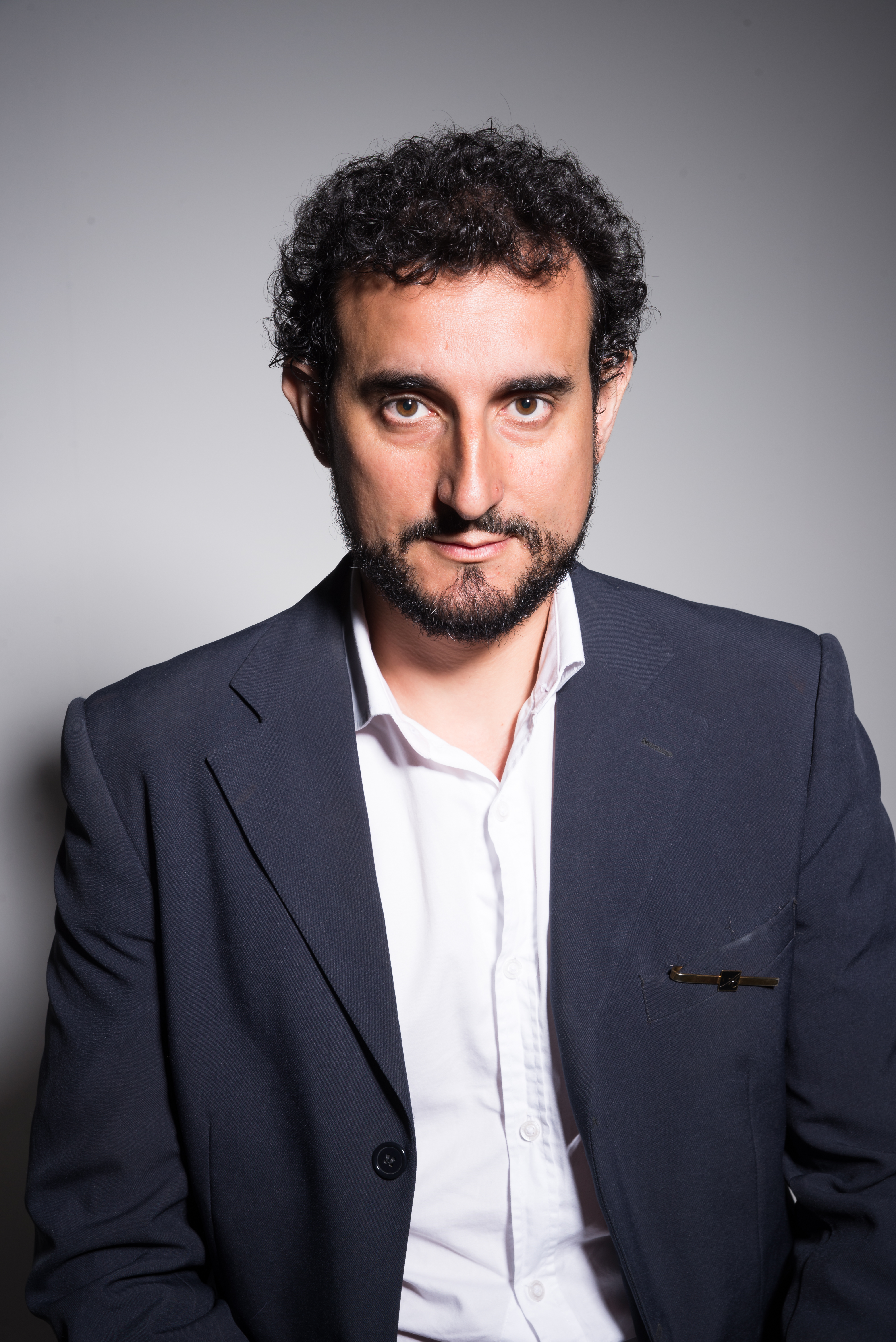
José Francisco Botelho is an award-winning writer and translator, currently doing his PhD thesis at Universidade Federal do Rio Grande do Sul – Porto Alegre, Brazil. His translations of “The Canterbury Tales” and “Romeo and Juliet” were published by Companhia das Letras in association with Penguin Books.
Twitter handle: @chicobotelho
OTHER PARTICIPANTS:
Candace Barrington
Candace Barrington, a Professor at Central Connecticut State University, pursue two research interests. The first examines the intersection of legal and literary discourse, leading to several articles and co-edited volumes. Currently, she is co-editing the Cambridge Companion to Medieval English Law and Literature with Sebastian Sobecki (University of Groningen). Barrington’s second research interest examines Chaucer’s popular reception. In this vein, she has written American Chaucers (2007) and contributed articles to Sex and Sexuality in a Feminist World (2009), American Literary History (2009), European Journal of English Studies (2011), Dark Chaucer: An Assortment (2012), Medieval Afterlives in Popular Culture (2012), Digital Gaming Re-imagines the Middle Ages (2013),Educational Theory (2014), Screening Chaucer: Absence, Presence, and Adapting the Canterbury Tales (2016), and Cambridge Companion to Medievalism (2016). In a broader context, she and Jonathan Hsy collaborate on Global Chaucers, a project focusing on non-Anglophone adaptations and translations. With Hsy, she maintains an active blog and has written articles for Medieval Afterlives in Contemporary Culture (2015), Accessus (2015), and postmedieval (2015). Together they are co-editing an issue for the Global Circulation Project at Literature Compass. Because of her interest in teaching and Chaucer’s global reception, she is a founding member of the Editorial Collective for the Open Access Companion to The Canterbury Tales, a project developing a free, high-quality, open-access introductory volume reaching Chaucer’s global audience of English readers from a wide diversity of institutions.
Twitter handle: @cbarrington
Website: Global Chaucers
Laura Estill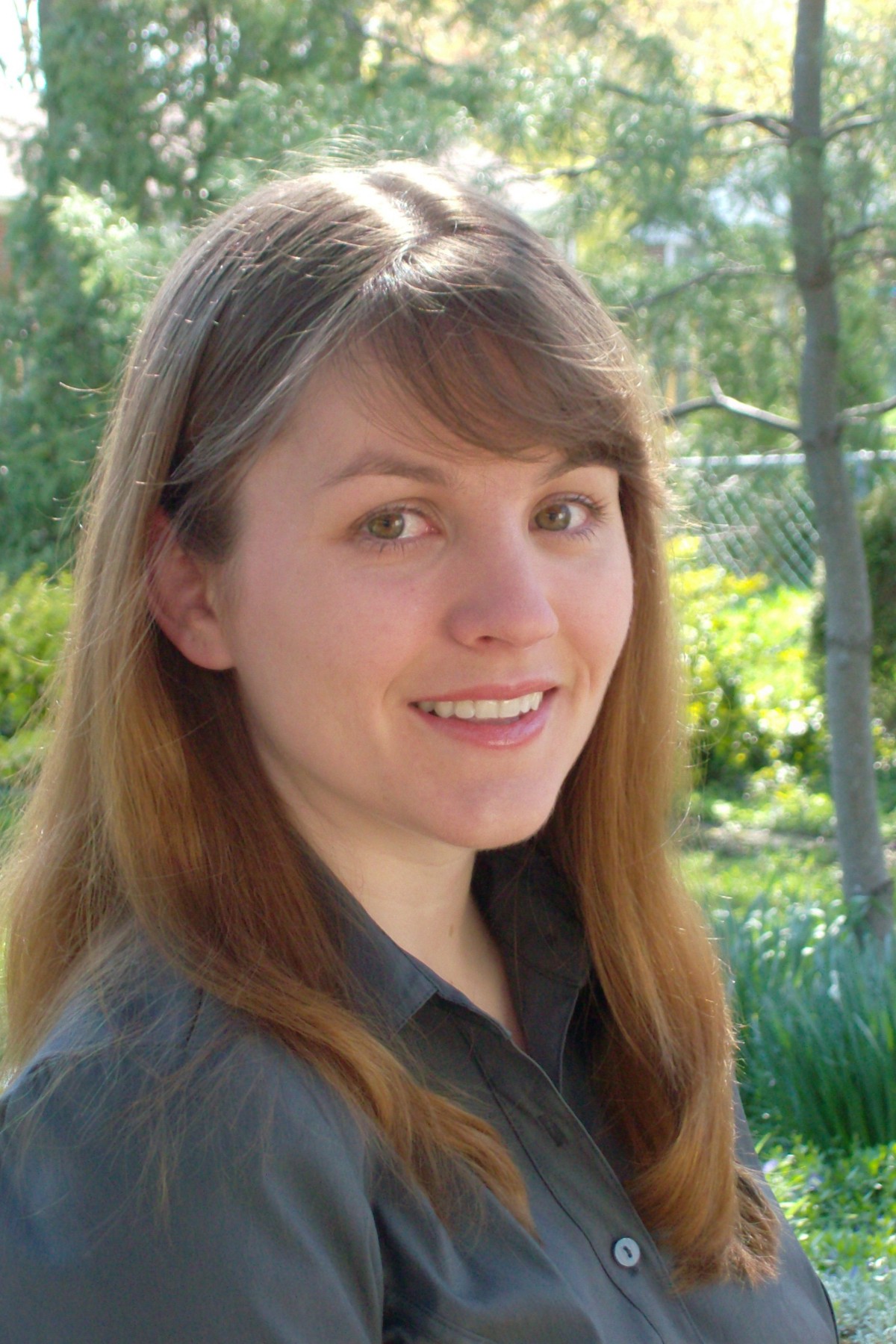
Laura Estill is an Associate Professor of English at Texas A&M University. She earned her PhD in 2010 from Wayne State University in Detroit, and then held a prestigious Banting Postdoctoral Fellowship at the University of Victoria. At Texas A&M University, she edits the World Shakespeare Bibliography and was part of the team that organized the Texas stop of “First Folio: The Book That Gave us Shakespeare!” in 2016. Her monograph, Dramatic Extracts in Seventeenth-Century English Manuscripts: Watching, Reading, Changing Plays, appeared in 2015. Her collection, edited with Diane Jakacki and Michael Ullyot, Early Modern Studies after the Digital Turn, explores how digital tools and texts change the way we research and understand the early modern period. Her work has appeared in Shakespeare Quarterly, Huntington Library Quarterly, Studies in English Literature, Digital Literary Studies, and The Oxford Handbook of Shakespeare, to name a few. She is currently working on DEx: A Database of Dramatic Extracts. Her forthcoming work will appear in Papers of the Bibliographical Society of America and Shakespeare’s Language in Digital Media: Old Words, New Tools (Routledge, 2017).
Twitter handle: @Laura_Estill
Websites: World Shakespeare Bibliography and DEx: A Database of Dramatic Extracts (in beta)
Alexa is Professor of English at The George Washington University and (with Jonathan Hsy) founding Co-Director of the GW Digital Humanities Institute. Her teaching and publications are unified by a commitment to understanding the mobility of early modern and postmodern cultures in their literary, performative, and digital forms of expression. She is the author of Shakespeare and East Asia and Weltliteratur und Welttheater: Ästhetischer Humanismus in der kulturellen Globalisierung, and editor of Shakespeare and the Ethics of Appropriation and The Shakespearean International Yearbook (volumes on topics such as Shakespeare on Site; Shakespeare and the Human; Digital Shakespeares). To promote cross-cultural understanding, she co-founded the open access MIT Global Shakespeares digital performance archive.
Website: Global Shakespeares
Jonathan Hsy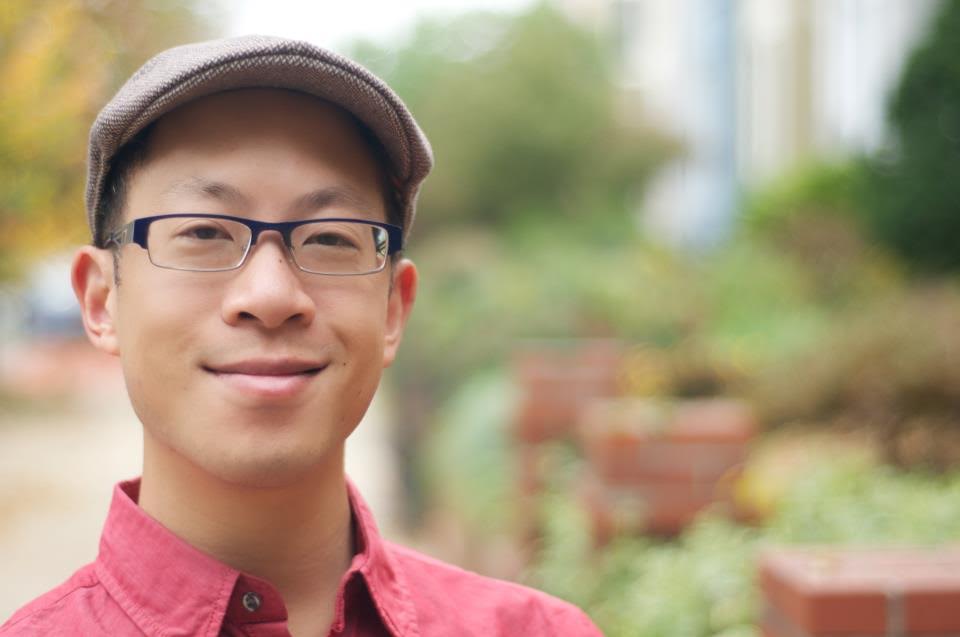
Jonathan Hsy is Associate Professor of English at The George Washington University and (with Alexa Alice Joubin) founding Co-Director of the GW Digital Humanities Institute. He specializes in medieval literature and culture with interests in translation theory, digital media, and disability studies. Author of Trading Tongues: Merchants, Multilingualism, and Medieval Literature (2013), he is founder (with Candace Barrington) of Global Chaucers, an international network and online community that explores Chaucer’s legacy in contemporary non-Anglophone contexts; together with Barrington, he is co-editing a collection on global appropriations of Chaucer for Literature Compass. Among Hsy’s current book projects in the field of disability studies are a book on life writing by medieval authors who self-identified as blind or deaf, and a “minigraph” on the cultural history of eyeglasses (from the ambivalence of late-medieval poets upon the emergence of rivet spectacles to the techno-utopianism of “early adopters” of Google Glass). Hsy currently serves on the Modern Language Association’s Committee for Disability Issues in the Profession, and his publications on disability and digital media have appeared in Accessus, Cambridge Companion to the Body in Literature, New Medieval Literatures, Journal of Literary and Cultural Disability Studies, PMLA, and postmedieval. He serves on the Steering Committee of the BABEL Working Group and blogs at In the Middle, a group medieval studies blog.
Twitter handle: @JonathanHsy
Website: Global Chaucers
Carol Robinson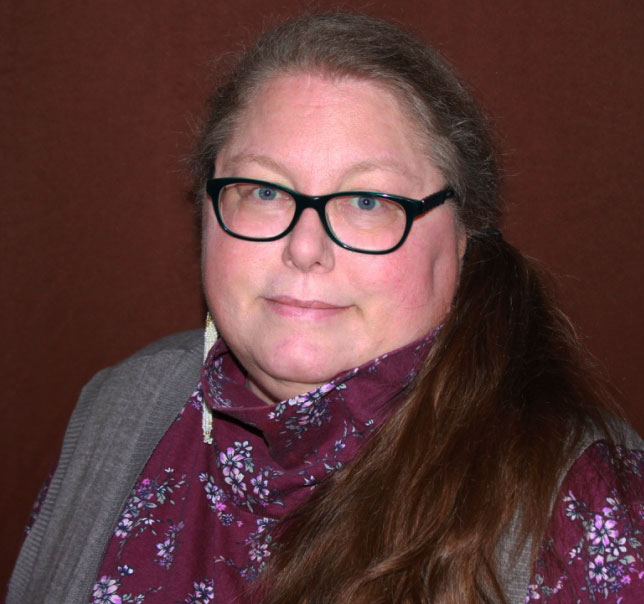
Carol L. Robinson teaches freshman composition, medieval English, motion pictures adapted from literature (film and video games), Deaf culture literature, LGBTQ+ and Women’s Studies courses for the Trumbull Campus, mostly 100% online. She is working with colleagues to fund, further design, and build an online virtual world museum: The UNICORN Virtual Museum, which is currently beginning with two wings: a medieval studies and medievalism wing and a Deaf culture wing. Her publications include articles and book chapters on teaching online courses, medievalism(s), Deaf culture, gender and sexuality, video games, film, adaptation theory, semiotics, Tolkien and neo-Tolkienism, gestural communication (both medieval and contemporary), Deaf playwright Willy Conley, Deaf poet and storyteller Peter Cook, the Flying Words Project, World of Warcraft, Lord of the Rings and adapted media (films and video games), the loathly lady motif in medieval Arthurian literature, and Geoffrey Chaucer’s Wife of Bath. Currently, she is working with students on the “I Am the Wife of Bath, Too!” project, which features student portrayals of this character into various adaptations, including one by a Deaf student into an ASL adaptation. She is getting ready to premiere her second feature length film, which tells the stories of two Kent Trumbull Theatre English/ASL productions: For Every Man Woman and Child—a modern morality play inspired by EVERYMAN (by Willy Conley) in 2009 and Deaf Snow White (by Aaron Weir and Iosif Schneiderman) in 2013; the title of this film is Listening to You, Listening to Me, Listening to Everyone and it will be released in April 2017.
(An added P.S.): She serves on the Board of Directors for and is also the webmaster for TEAMS: Association for Teaching Medieval Studies. She is the webmaster for International Society for the Study of Medievalism.
Twitter handle: @postmedievalist
Websites: Dr. Robinson’s Cyberspace!, The UNICORN Virtual Museum, Cyberghost Professor, and The Medieval in Motion
Michael Saenger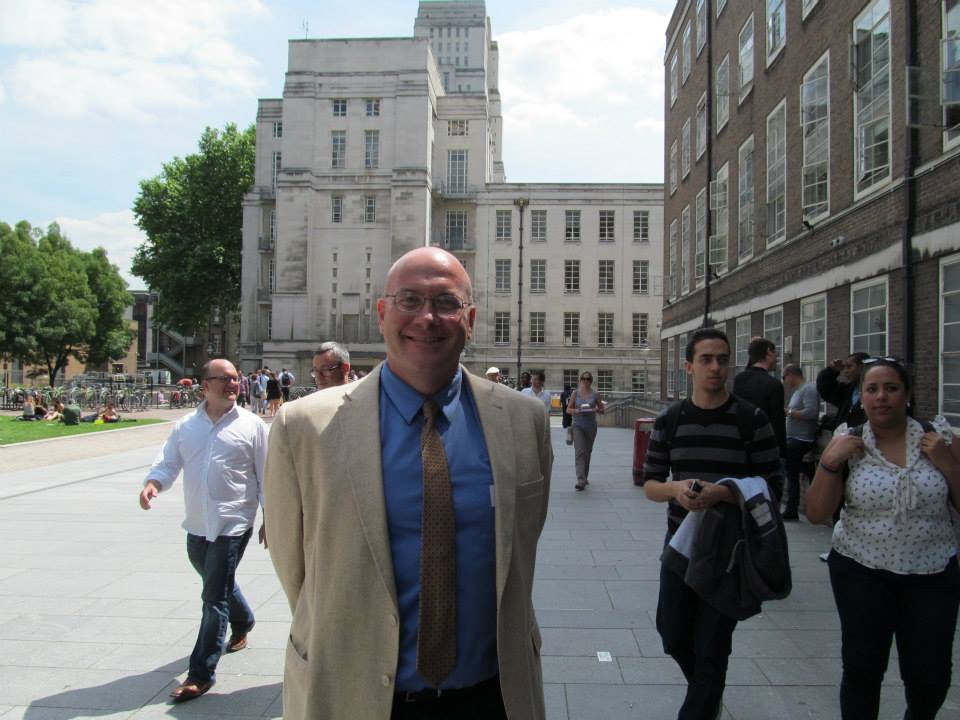
Michael Saenger grew up in the New York area, and attended the University of California, Berkeley as an undergraduate before completing his Masters and Ph.D. at the University of Toronto. He has taught for the past fifteen years at Southwestern University, in Georgetown, Texas, where he lives with his wife and four sons. He has been a Finalist for the Southwestern Teaching Award, and he teaches courses on such subjects as Medieval literature, Shakespeare in film and the theory of translation. He was initially charmed by Shakespeare as an actor, though he does not perform or direct plays as frequently as he did years ago.
Dr. Saenger has published widely on Shakespeare from a variety of perspectives. He is the author of two books, The Commodification of Textual Engagements in the English Renaissance (Ashgate, 2006), and Shakespeare and the French Borders of English (Palgrave Macmillan, 2013), and the editor of Interlinguicity, Internationality and Shakespeare (McGill-Queen’s UP, 2014). He has also written numerous articles on Renaissance and other literature, published in Shakespeare Survey, Notes and Queries, English Language Notes, Studies in Philology, English Text Construction and James Joyce Quarterly. He publishes blog entries for Reviewing Shakespeare (administered by the Shakespeare Birthplace Trust and the University of Warwick) as well as for The Times of Israel, and he has spoken internationally on Shakespeare in translation. He is currently writing on anatopical Shakespeare in Modern and Early Modern Europe.
Websites:
Departmental Profile (with hyperlinks to books)
Recent Blog Post from the Times of Israel
Recent Theater Review from Reviewing Shakespeare
Mercedes de la Torre and Carlos Drocchi
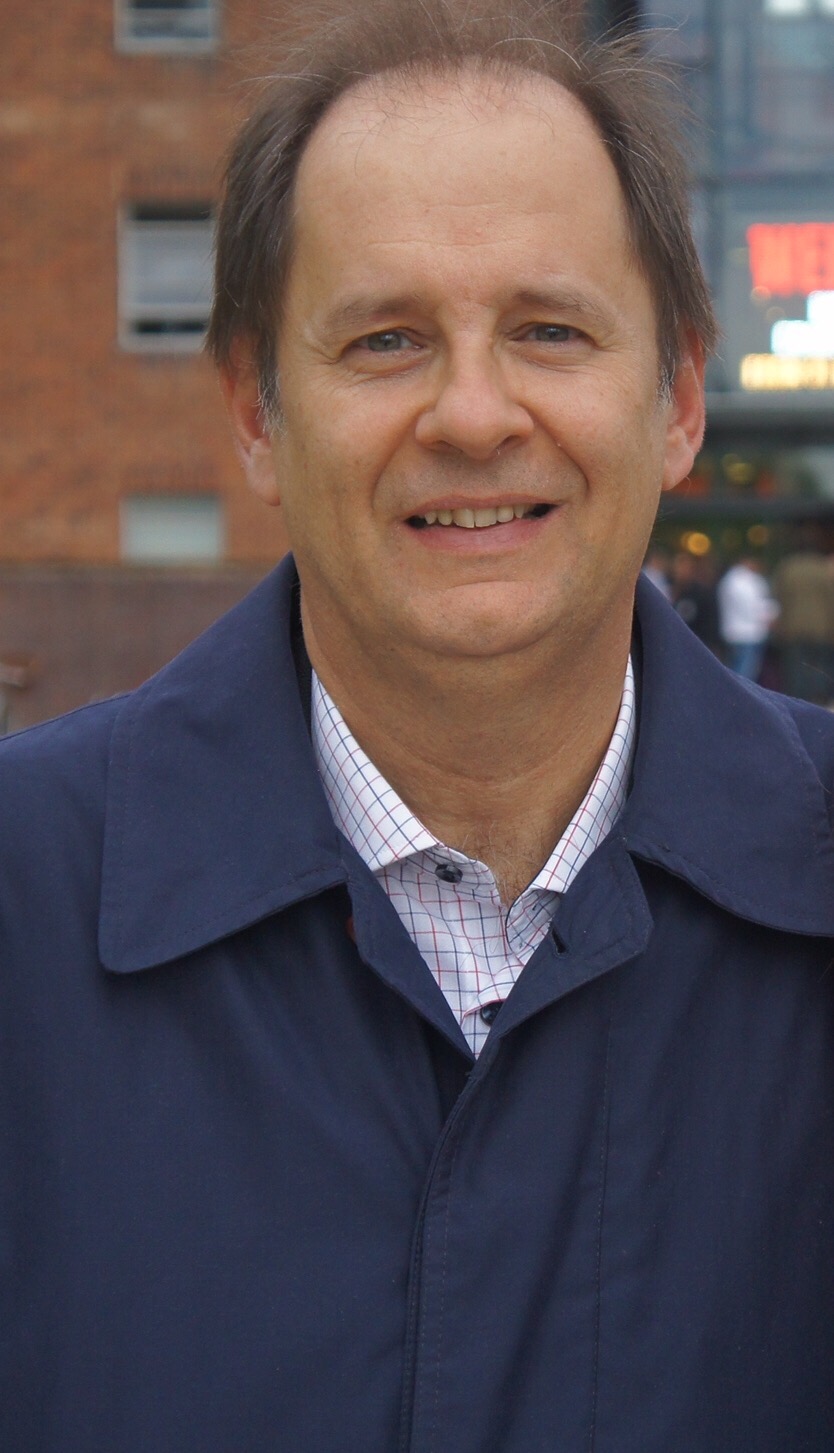
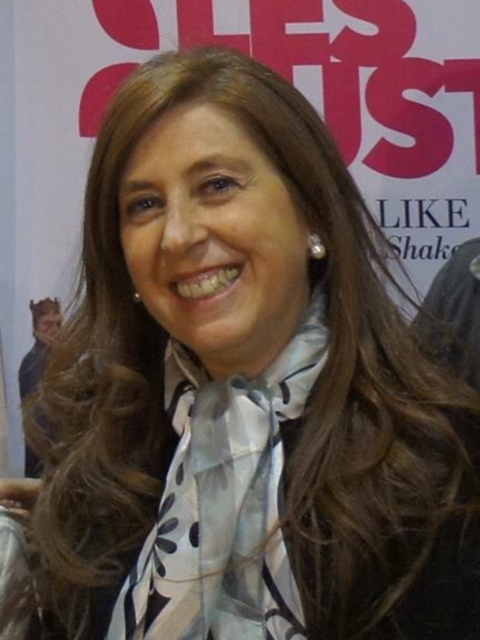
Mercedes de la Torre has a degree in Law from Universidad de Buenos Aires and a master´s degree in Theory of State from Universidad del CEMA. She is President and co-founder of Fundación Shakespeare Argentina (FSA). The organization, unique in its type in Spanish Latin America is a member of the International Shakespeare Association (ISA) Shakespeare Theatre Association (STA) & European Shakespeare Research Association (ESRA).(www.shakespeareargentina.org).
Carlos Drocchi is an Economist trained at Universidad de Buenos Aires with a long experience in executive positions held in multinational companies basically in financial services, foreign trade and private banking. He is co-founder and executive Director of Fundación Shakespeare Argentina (FSA). Carlos has participated actively in numerous national and international forums among which stand out: Uruguay, Brazil, USA, Canada, Czech Republic and recently in the United Kingdom.
Website: Fundación Shakespeare Argentina
Facebook: Shakespeare Argentina / Fundación Shakespeare Argentina
Twitter: @ShakespeareArg
Vimeo: Shakespeare Argentina
Eve Salisbury
Eve Salisbury studied English literature and language at the University of Rochester and the State University of New York at Geneseo and has taught at Eastman School of Music and Rochester Institute of Technology. At Western Michigan University, she teaches the works of late medieval poets—Dante, Boccaccio, Chaucer, Gower, Christine de Pizan, and Marie de France—Middle English and Arthurian literature, Medieval Literary Theory, British Literature I, and Medieval Drama. She has also taught a graduate seminar on medieval marriage at the Newberry Library in Chicago. Salisbury’s publications include four volumes for the TEAMS Middle English Texts Series—The Trials and Joys of Marriage, Four Romances of England, The Middle English Breton Lays, Lybeaus Desconus—an edited collection, Domestic Violence in Medieval Texts, in which her essay on Chaucer’s ‘wife’ and the law appears, and essays in journals such as Arthuriana, Medieval and Early Modern English Studies, Studies in the Age of Chaucer, a monograph series (Speculum Sermonis), and special collections on medieval violence. She is currently the consulting editor for Comparative Drama, co-director of The Gower Project, co-editor of Accessus: A Journal of Premodern Literature and New Media and author of Chaucer and the Child (Palgrave Macmillan, 2017).
Katherine Schaap Williams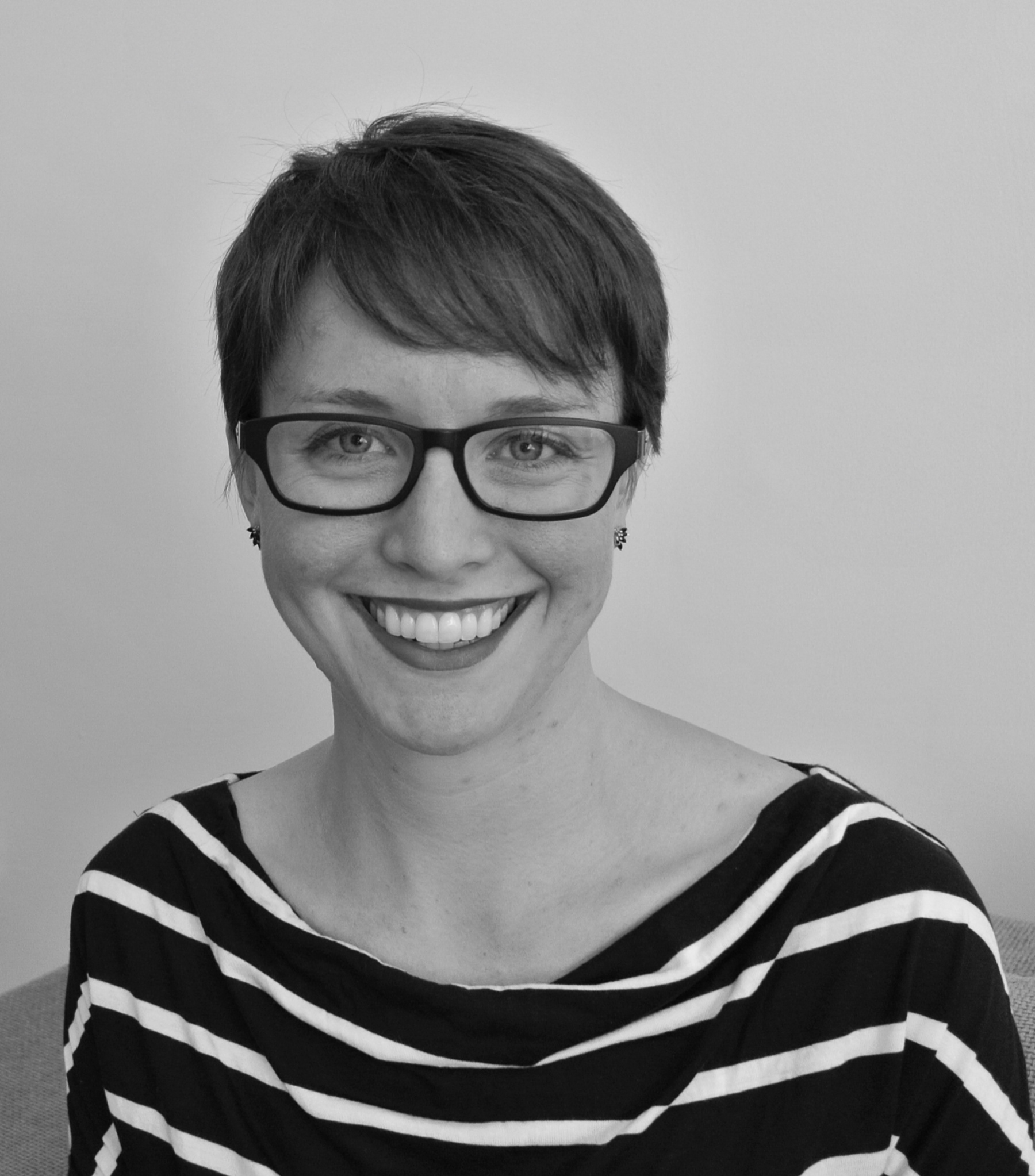
Katherine Schaap Williams is Assistant Professor of Literature at New York University Abu Dhabi and Global Assistant Professor of English at New York University. Her research focuses on sixteenth- and seventeenth-century English literature, especially early modern drama, and on disability studies, performance theory, and Global Shakespeare. Her writing on deformity and cure, dramatic form, and early modern disability studies has been published in ELH, English Studies, and Disability Studies Quarterly, and in the edited collection, Health, Disability, and Happiness in the Shakespearean Body (Routledge, 2014). She is currently at work on a book entitled Unfixable Forms: Staging Disability in Early Modern England, and an edition of Chapman, Jonson, and Marston’s play Eastward Ho for the new Routledge Anthology of Early Modern Drama (forthcoming from Routledge in 2019), as well as an emerging Global Shakespeare project. With Cyrus Patell and Nicholas Martin, she is co-investigator for the “Shakespeare in the Middle East and North Africa” Research Enhancement Fund grant from the NYUAD Institute for 2017-19. At NYUAD, she teaches Global Shakespeare, Problems and Methods of Literary Studies, and the Core courses Disability and Replays. During the academic year 2016-17, she is a Washington Square Fellow in the English department at NYU, teaching courses that survey British literature and explore Renaissance drama in relation to theatrical collaboration, performance, and early modern concepts of the body.
Website: faculty profile with publication links
M.W. Bychowski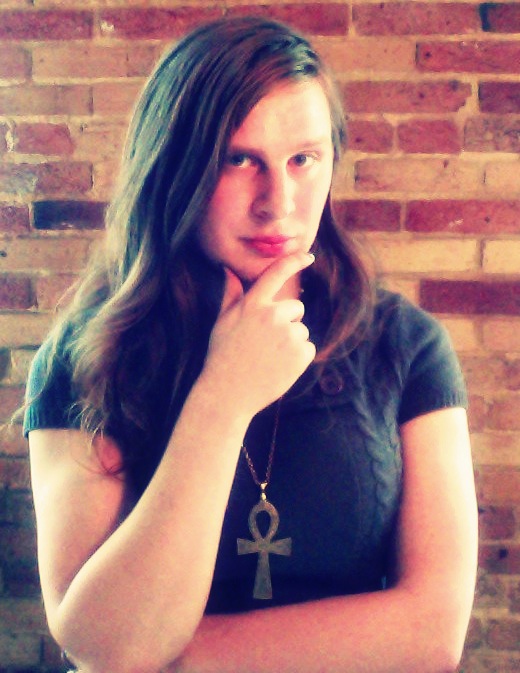
M.W. Bychowski is a Ph.D Candidate of Medieval Literature at the George Washington University in Washington DC concentrating on transgender and disability studies. In the classroom, she has taught classes on gender and disability in medieval literature as well as courses on transgender theory and social justice. In addition to various academic articles on Chaucer, Gower, Kempe, and Mandeville, she also directs Transliterature Online (www.ThingsTransform.com), a center for the study of transgender and disability, pre- and post-modern. Additionally, she works as a consult for schools, businesses, and churches on improving access, safety, and support for the LGBTI and disability communities.
Twitter: @transliterature / @thingstransform
Facebook: Personal / Professional
Website: www.thingstransform.com
Haylie Swenson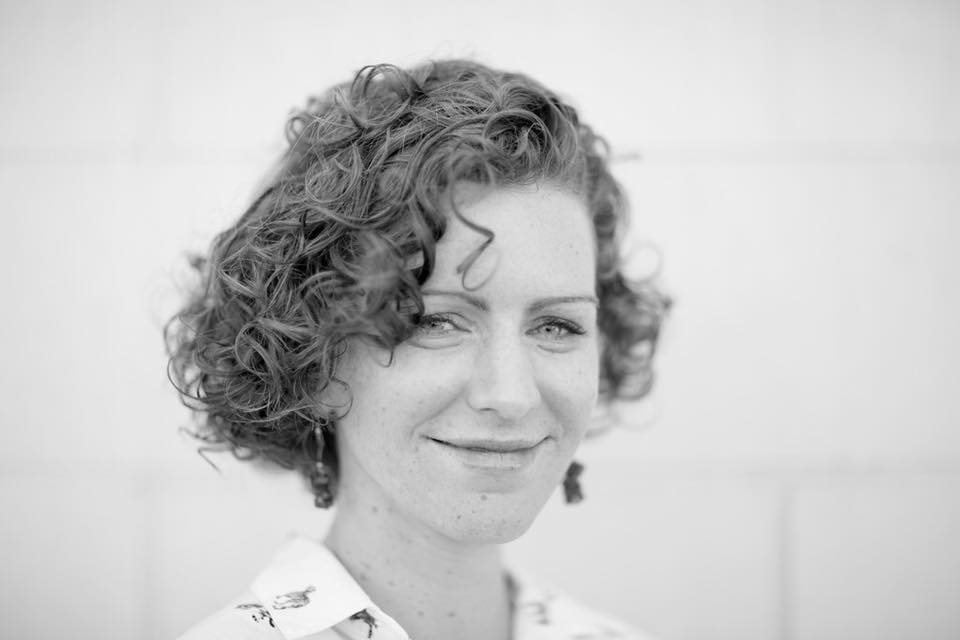
Haylie Swenson is a PhD Candidate in English at GW. Her dissertation project, “Dog, Horse, Rat: Humans and Animals at the Margins of Life” considers the relationship between precarity and interspecies relationships of care. Her essay, “Lions and Latour litanies in the Sketchbook of Villard de Honnecourt,” won the Michael Camille Essay Prize and was published in postmedieval in 2013. Her forthcoming publications include an essay “On the Backs of Whales,” as well as an essay on animality and disability for the collection, Monstrosity, Disability, and the Posthuman in the Medieval and Early Modern World.
Sam Yates
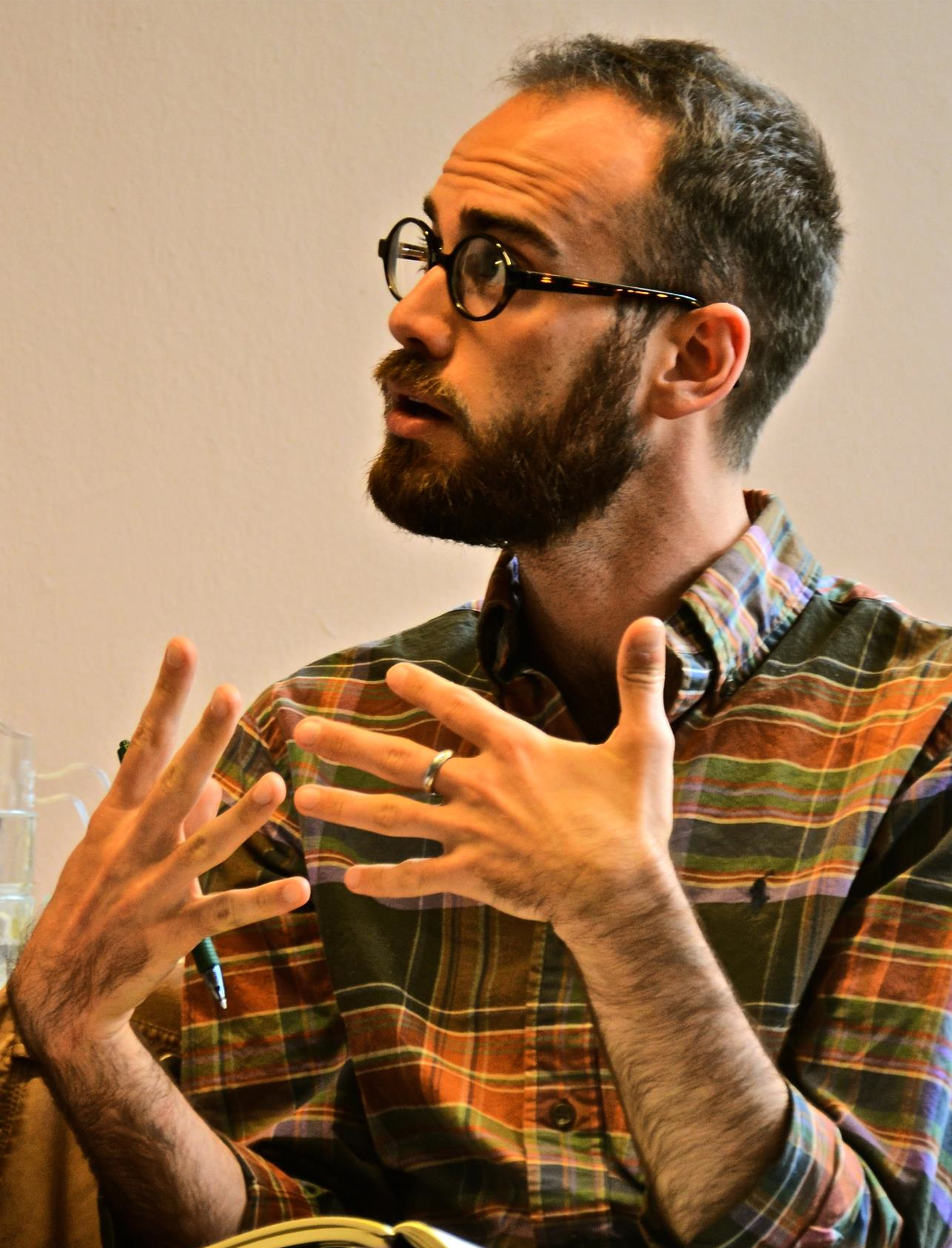 Samuel Yates is a doctoral candidate at the George Washington University, where he researches the aesthetics of disability and performance in his dissertation “Cripping Broadway: Neoliberal Performances of Disability in the American Musical.” He received his M.Phil in Theatre and Performance Studies from Trinity College Dublin as a Mitchell Scholar and his BA from Centre College as a John C. Young Scholar. Samuel holds a Humanity in Action Senior Fellowship for his work on performance and body politics, and has previously collaborated as a dramaturg, playwright, and performer with theaters such as the Abbey Theatre, the Eugene O’Neill Theater Center, The Samuel Beckett Centre, and New Harmony Theater, among others. His most recent published work can be found in Radical Contemporary Theatre Practices by Women in Ireland (Carysfort Press).
Samuel Yates is a doctoral candidate at the George Washington University, where he researches the aesthetics of disability and performance in his dissertation “Cripping Broadway: Neoliberal Performances of Disability in the American Musical.” He received his M.Phil in Theatre and Performance Studies from Trinity College Dublin as a Mitchell Scholar and his BA from Centre College as a John C. Young Scholar. Samuel holds a Humanity in Action Senior Fellowship for his work on performance and body politics, and has previously collaborated as a dramaturg, playwright, and performer with theaters such as the Abbey Theatre, the Eugene O’Neill Theater Center, The Samuel Beckett Centre, and New Harmony Theater, among others. His most recent published work can be found in Radical Contemporary Theatre Practices by Women in Ireland (Carysfort Press).
Twitter handle: @samuelyates
LOGISTICS
Location: The symposium takes place in the NCLC (National Churchill Library & Center) located on the first floor of Gelman Library on the Foggy Bottom campus of The George Washington University (2130 H Street NW, Washington, DC 20052).
Please note that visitors without a current GWU affiliation will need to present some form of ID (such as passport or government-issued ID card) to enter Gelman Library.
Nearest Metro Stop: GWU-Foggy Bottom Station (Orange / Blue / Silver lines).
Registration: This event is free and open to the public, but please register via this Eventbrite website so we know how many people to expect.
Wifi: The Wi-Fi is free. Connect to GWConnect. Open your browser and go to my.gwu.edu. On the Splash Page, click on register. Select to have your password sent via SMS text to your phone. Click Login. Enter the username and password. You now have network access for 72 hours. Full instructions here
